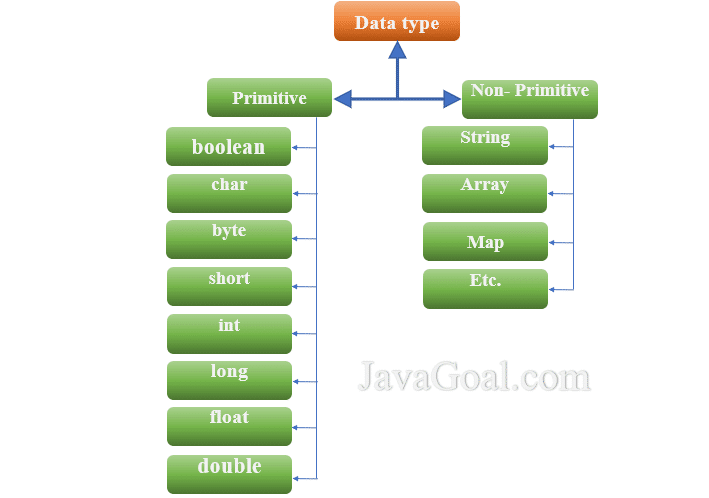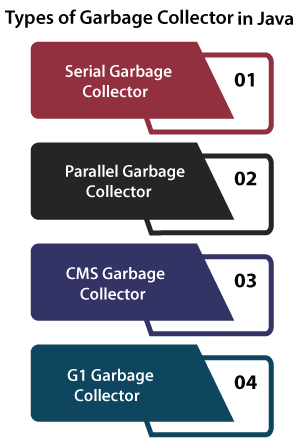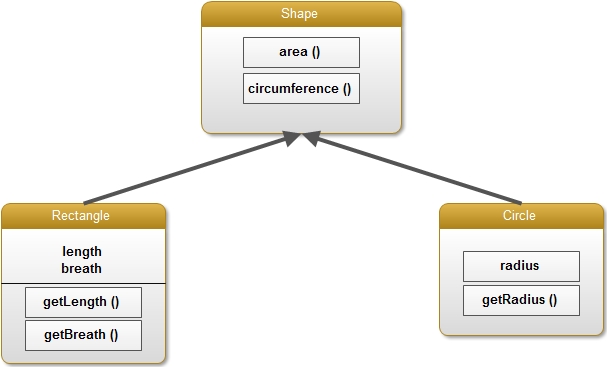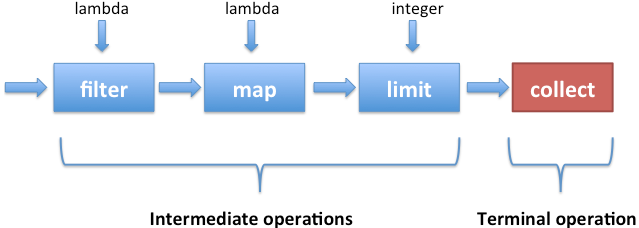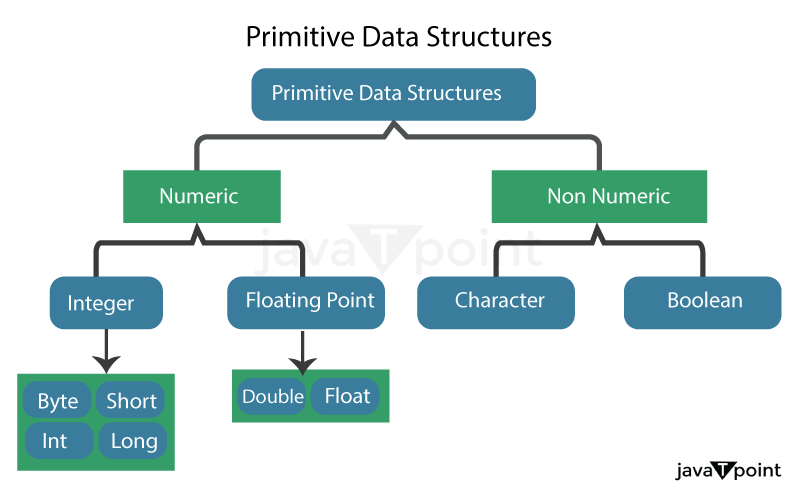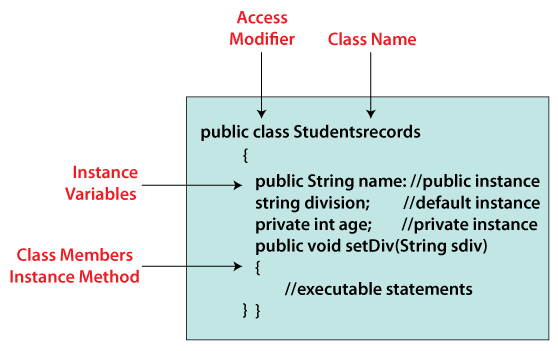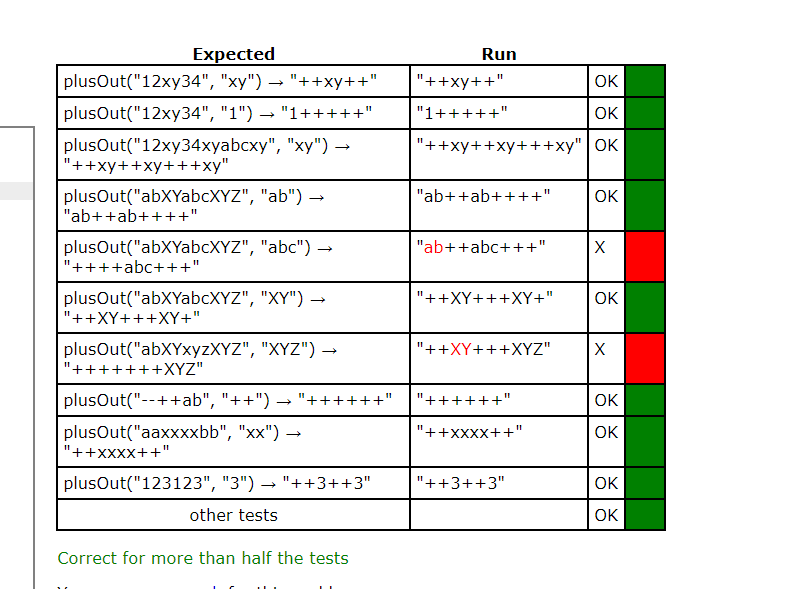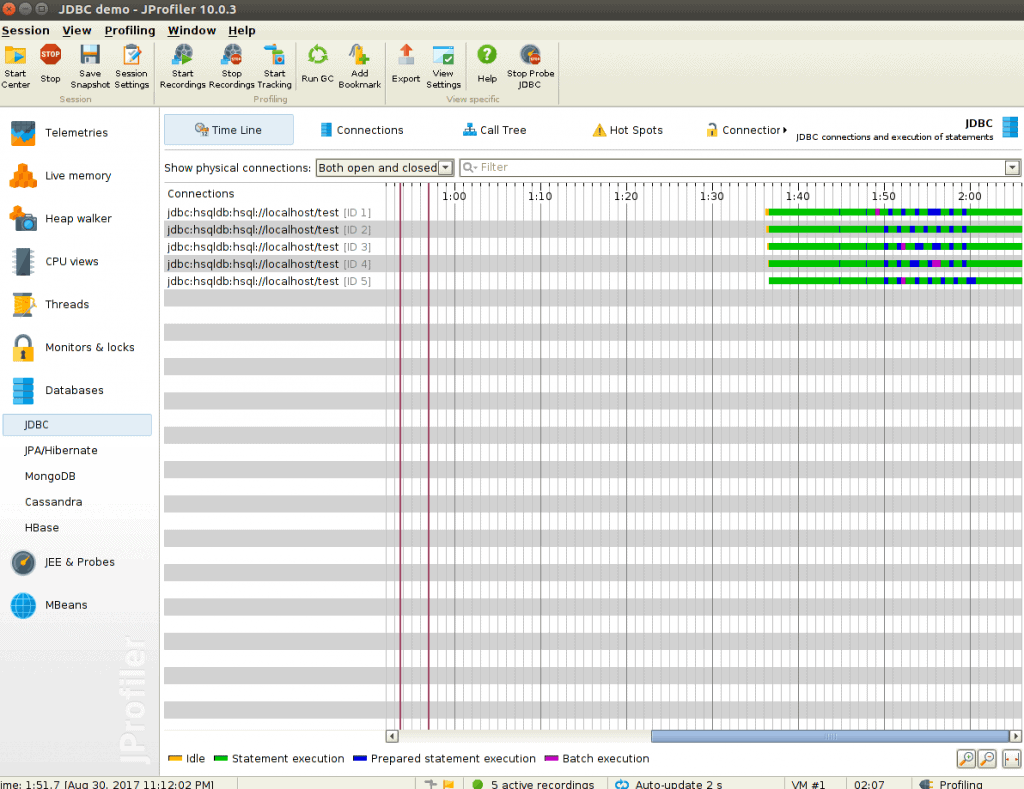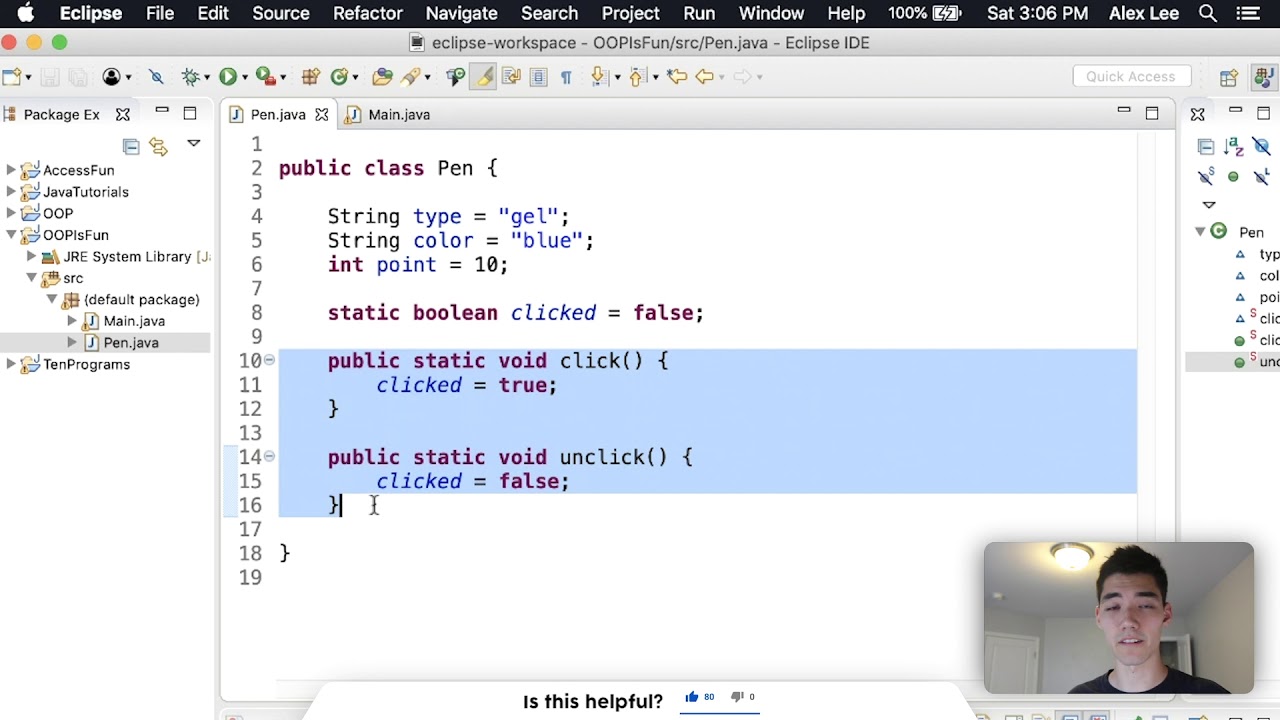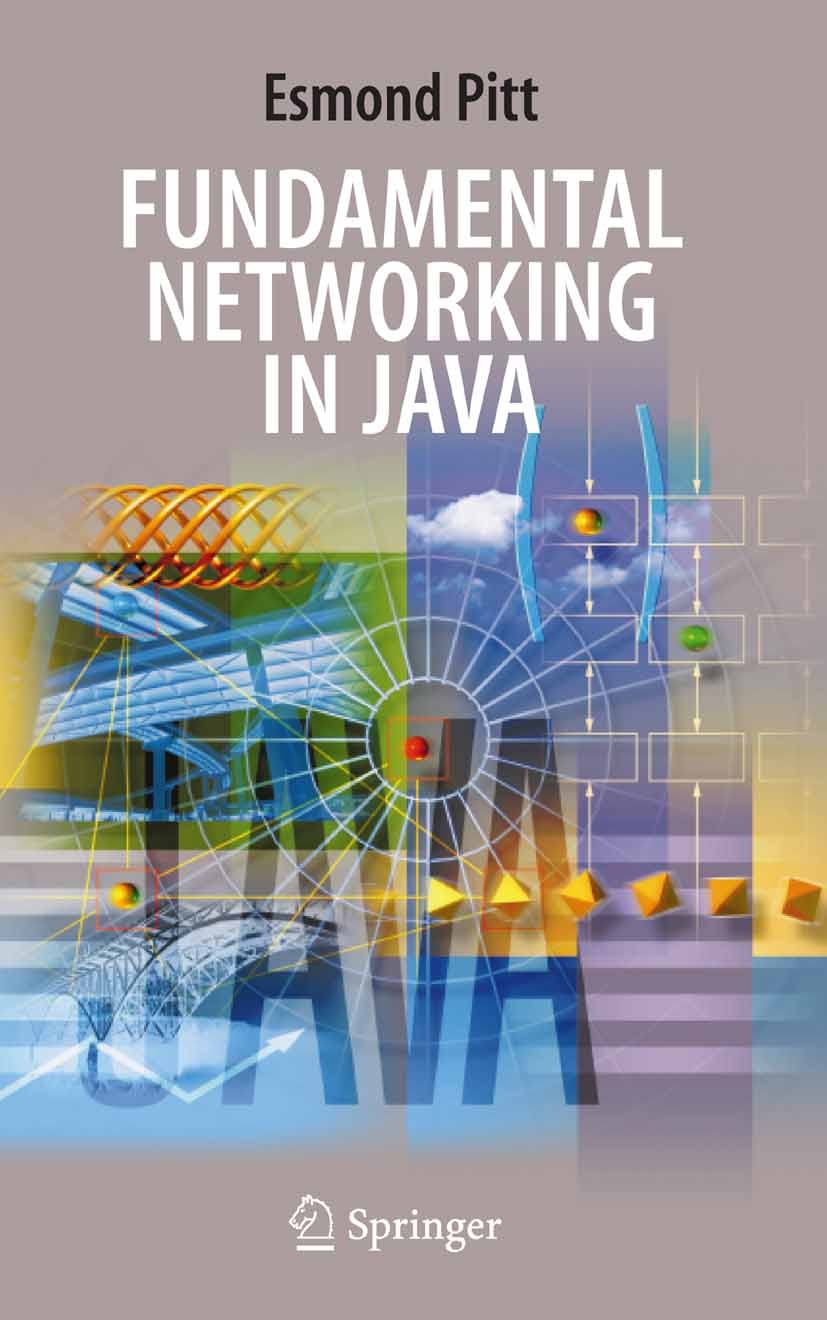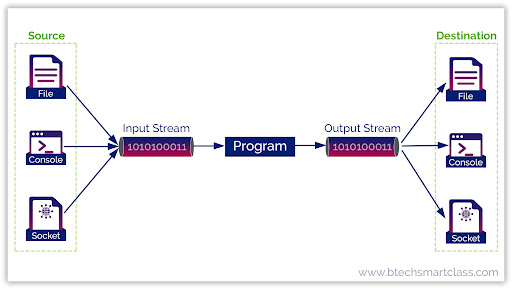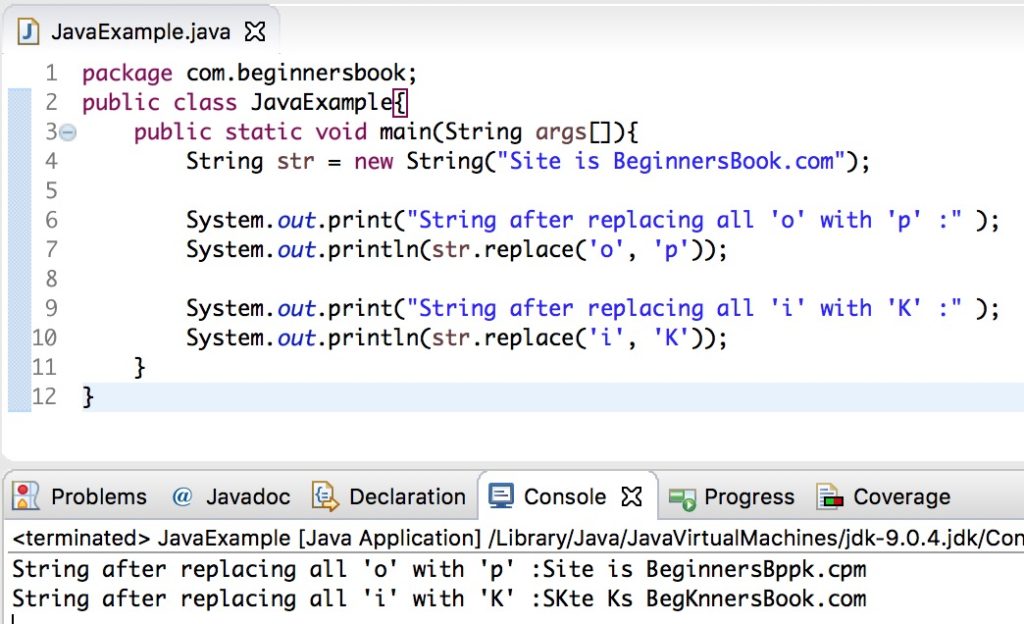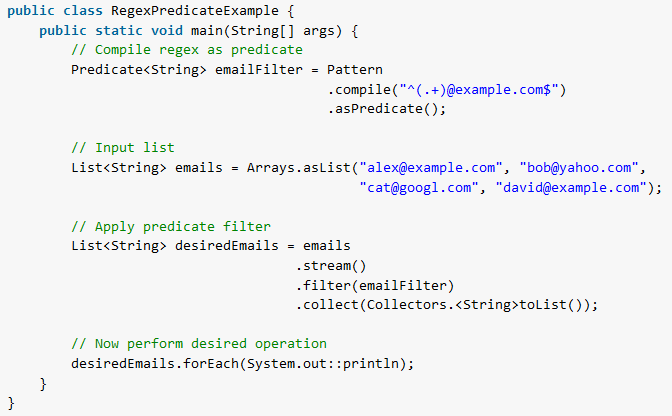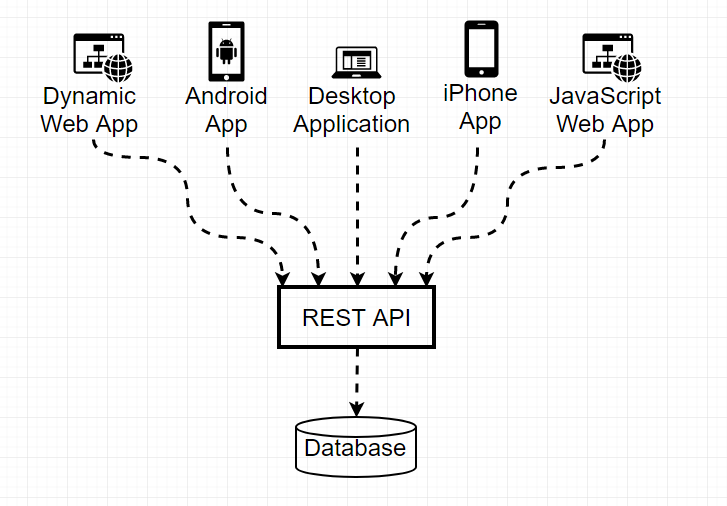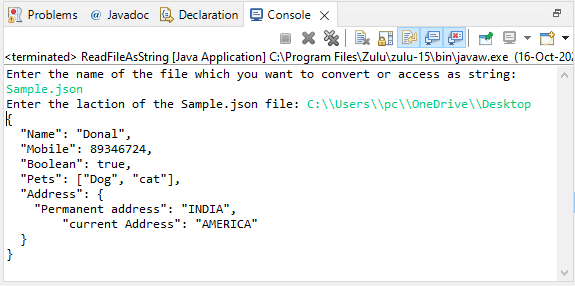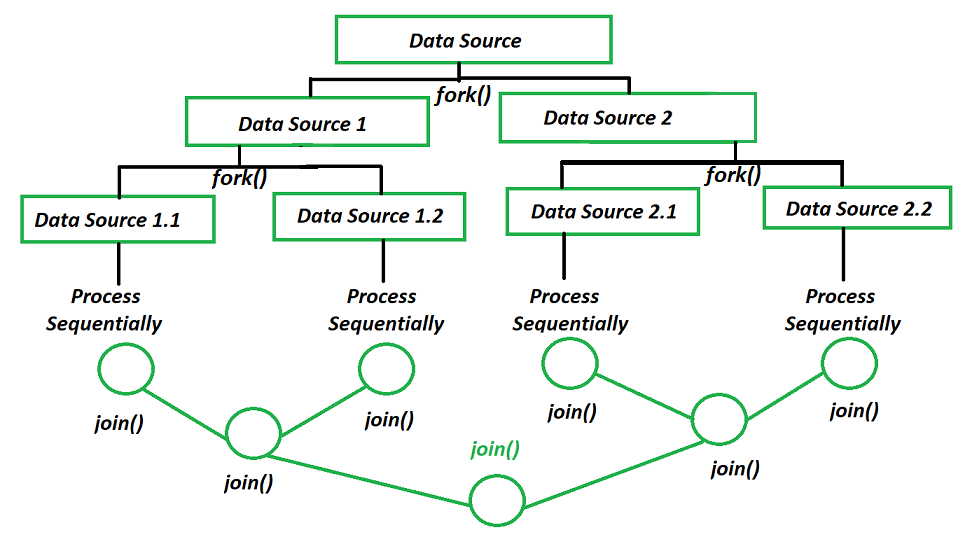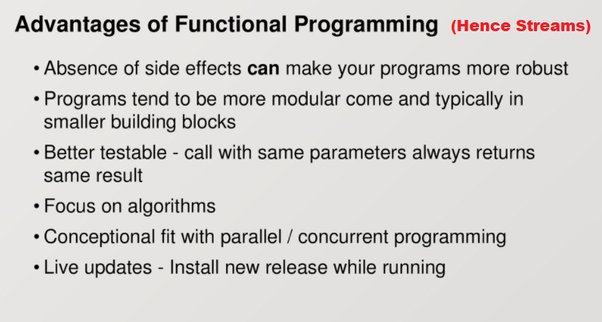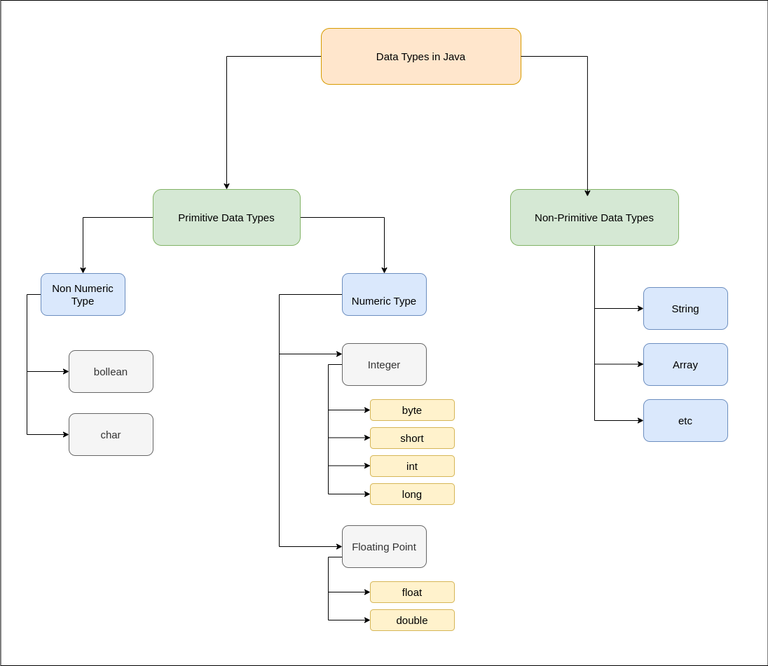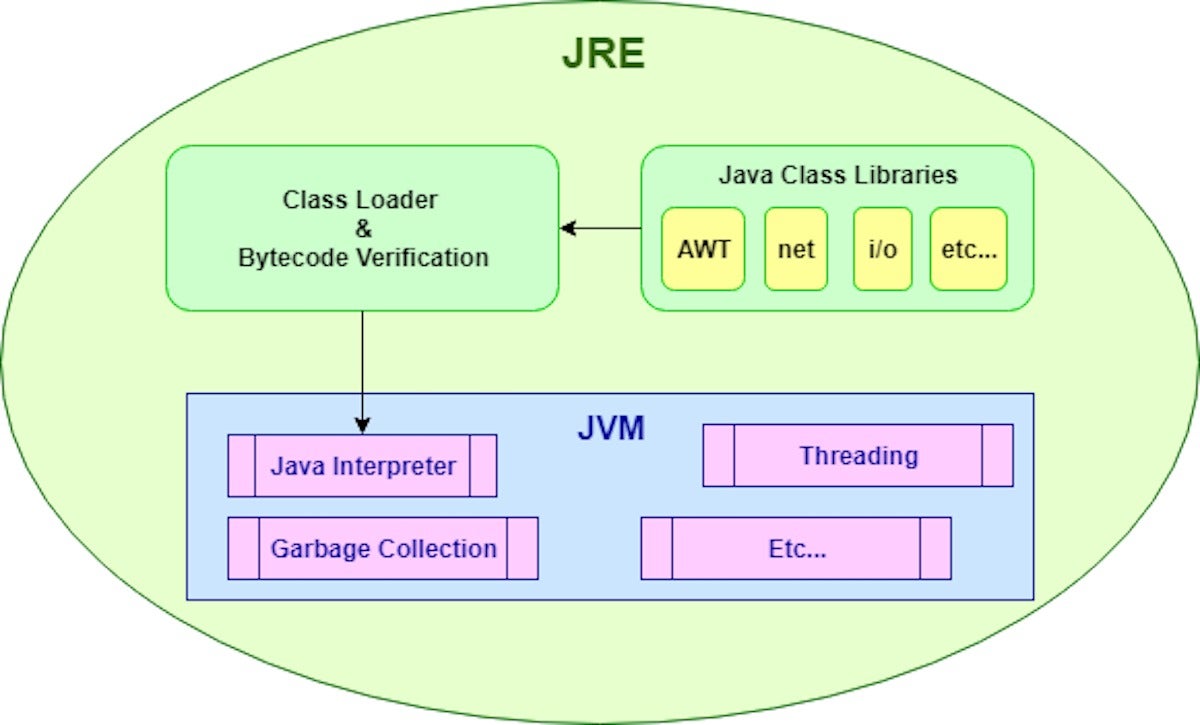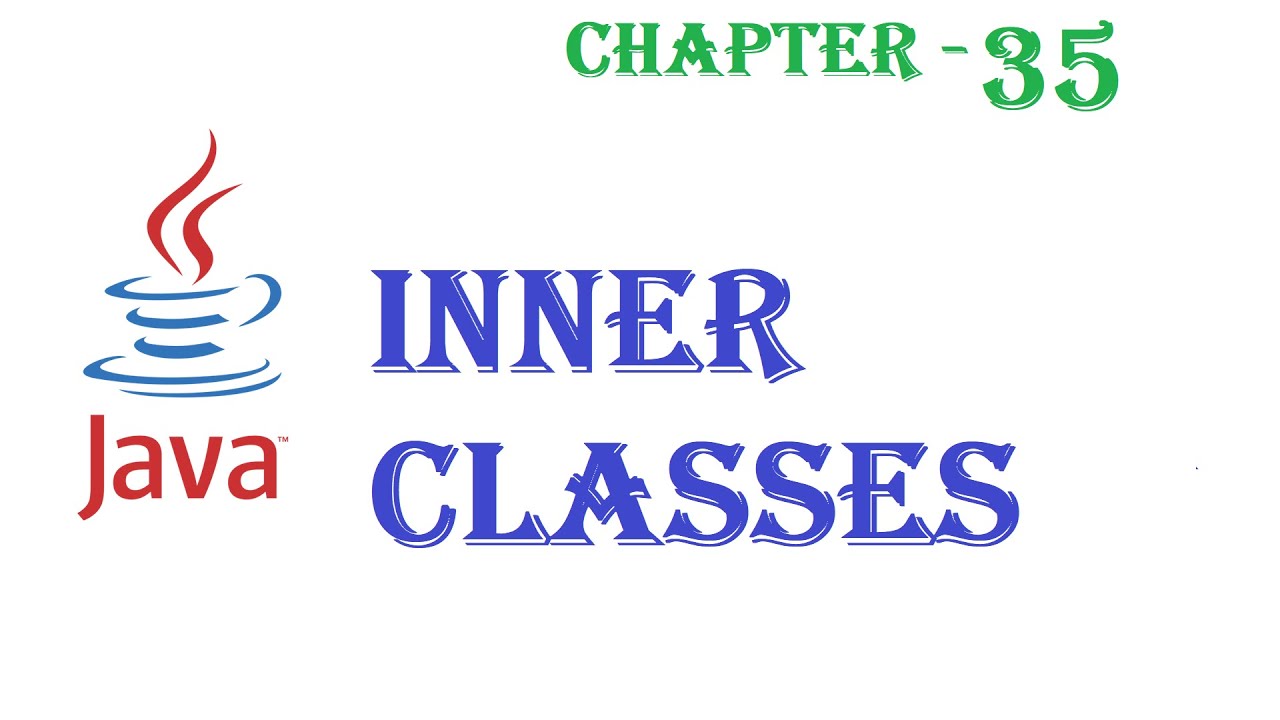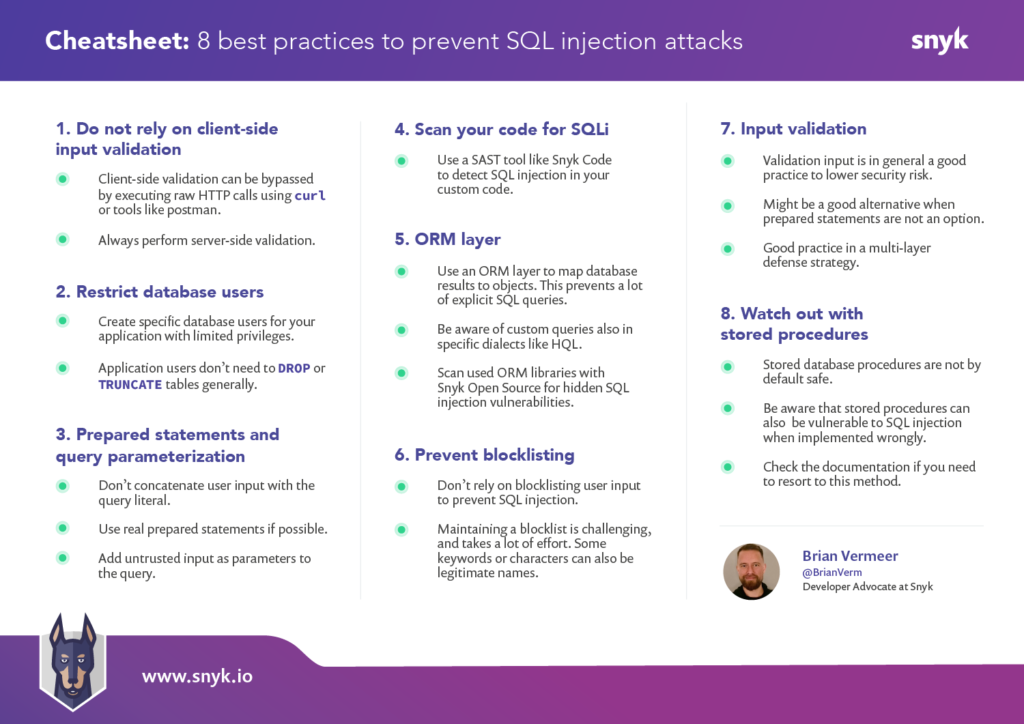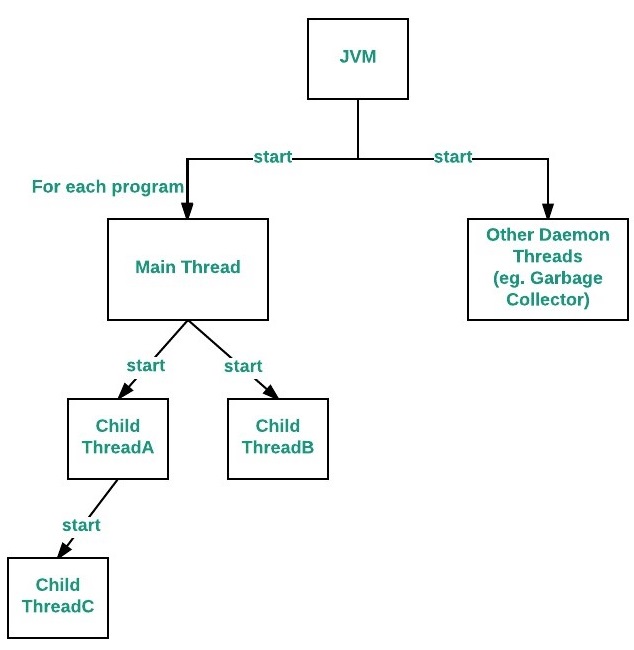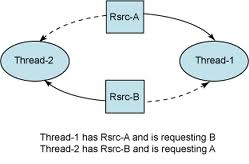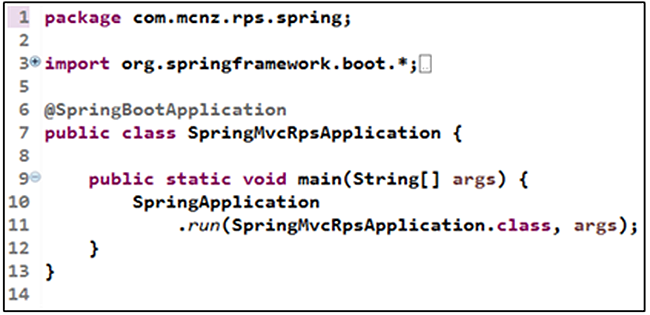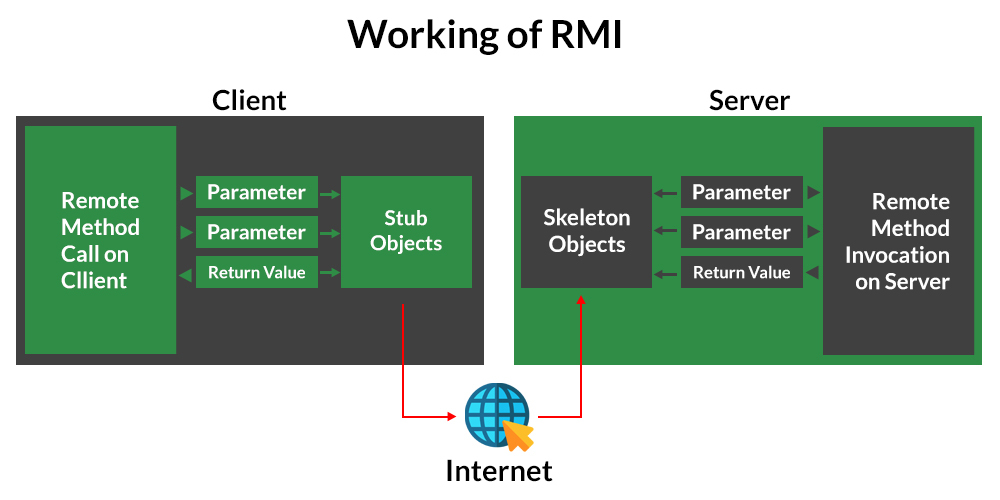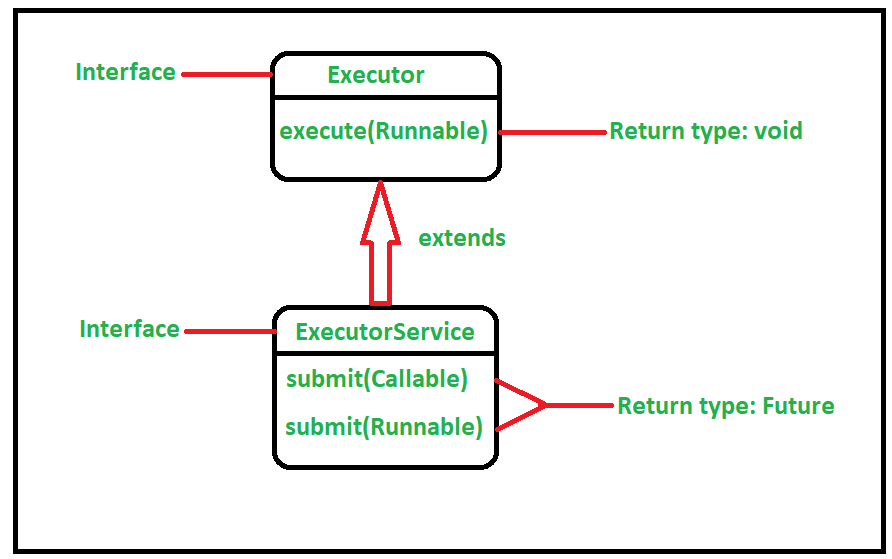What is memory management in java interview questions
What is memory management in java interview questions

Memory Management in Java Interview Questions!
What is Memory Management in Java?
In Java, memory management refers to the process of allocating and deallocating memory for objects and variables during runtime. This is crucial because Java is an object-oriented language that supports dynamic memory allocation.
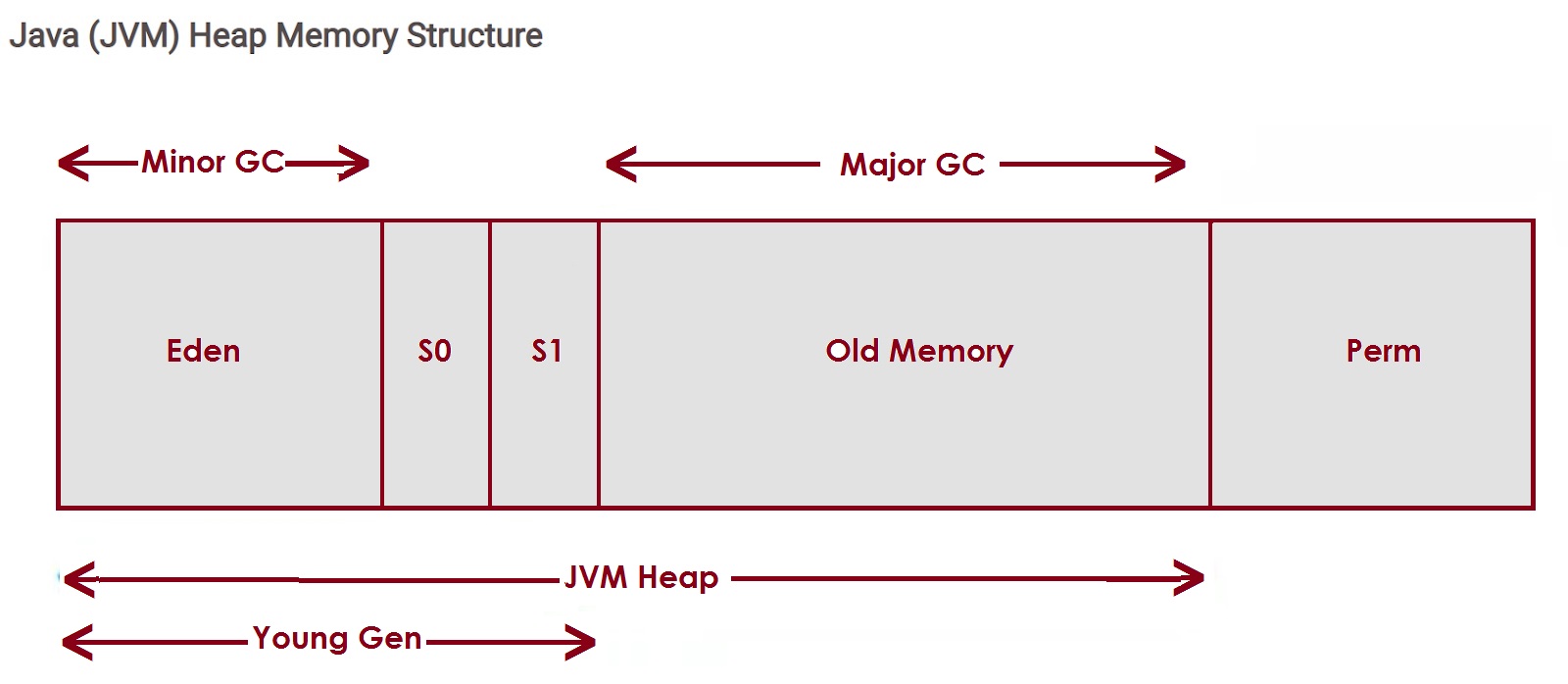
Why is Memory Management Important in Java?
Java's garbage collection mechanism (GC) is designed to automatically manage memory, freeing developers from manual memory deallocation tasks. However, understanding how GC works and how to optimize its performance is essential for:
Efficient Memory Usage: Avoiding memory leaks and ensuring that memory is properly allocated and freed. Performance Optimization: Minimizing garbage collection pauses and maximizing application responsiveness. Error Prevention: Understanding common mistakes that can lead to memory-related issues, such as null pointer exceptions.Common Interview Questions on Memory Management in Java:
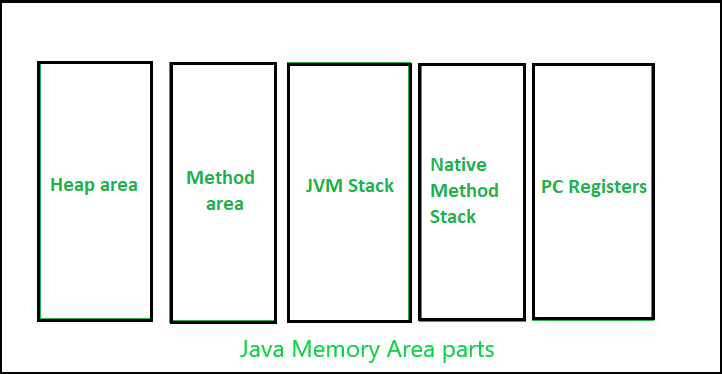
Strong references maintain a reference to an object until it's explicitly cleared or garbage collected. Weak references allow GC to reclaim memory without affecting application behavior.
How does Java handle Finalizers?Finalizers are methods that run just before an object is garbage-collected. They're useful for releasing external resources, but can introduce performance issues if not used correctly.
What is the purpose of the finalize() method?The finalize() method runs when an object becomes eligible for garbage collection. It's intended to perform cleanup operations, but should be used sparingly due to its potential impact on performance.
How does Java handle Object Promotion (Boxing and Unboxing)?Java automatically boxes primitive types into Objects (e.g., int → Integer) and unboxes objects back to primitives. Understanding this process helps optimize memory usage and performance.
What is the difference between Local Variables, Instance Variables, and Static Variables?Local variables are stored on the stack, instance variables belong to an object's heap space, and static variables share a single allocation for all instances of a class.
How does Java handle Memory Leaks?Common causes of memory leaks include:
Unreleased resources (e.g., file handles) Retaining strong references Failing to use weak or soft referencesAdditional Tips:
Familiarize yourself with Java's garbage collection algorithms: Mark-and-Sweep, Concurrent Mark-and-Sweep, and Generational Garbage Collection. Understand the implications of using finalizers: They can impact performance and create complexity in your code. Optimize memory usage by avoiding unnecessary object allocations: Use existing objects or reuse arrays to minimize garbage collection.Conclusion:
Memory management is a crucial aspect of Java programming, requiring a deep understanding of how Java handles memory allocation, deallocation, and garbage collection. Mastering these concepts will help you write efficient, scalable, and error-free code that effectively utilizes memory resources.
Are there any specific questions or topics related to Memory Management in Java that you'd like me to address?
What do you mean by memory management in Java?

I'm happy to respond in English for you!
Memory Management in Java refers to the process of dynamically allocating and deallocating memory resources for objects, arrays, and other data structures within a Java program. This is crucial because Java is an object-oriented language that relies heavily on memory allocation and deallocation.
Java uses a garbage collector (GC) to manage memory automatically, which means you don't need to manually free up memory like you would in languages like C++. However, it's still essential to understand the basics of memory management in Java to ensure efficient program execution, avoid memory leaks, and prevent errors like OutOfMemoryError or OOME.
Here are some key concepts related to memory management in Java:
Object Creation: When a new object is created usingnew, such as String s = new String("Hello"), the JVM allocates memory for that object on the heap. The heap is the area of memory where objects and arrays are stored. Reference Types: In Java, you can have reference types like String, Integer, or custom classes. When you create an instance of a class, it occupies memory on the heap. Primitive Types: On the other hand, primitive types like int, boolean, and char are stored in registers (small amounts of memory) or on the stack (a region of memory used to store method call parameters and local variables). Heap Space: The JVM divides the heap into two regions: young generation and old generation. Objects that are recently created belong to the young generation, while older objects move to the old generation. This helps the GC focus on collecting younger objects. Garbage Collection (GC): Java's GC runs periodically to identify and reclaim memory occupied by unreachable objects (garbage). It has two phases: mark-and-sweep and compact. The mark-and-sweep phase identifies garbage, and the compact phase reclaims the memory.
Best practices for efficient memory management in Java include:
Use final variables: Marking variables asfinal can prevent unnecessary object creation. Avoid using too many objects: Be mindful of the number of objects created to reduce the likelihood of OutOfMemoryError. Close resources: Properly close streams, connections, and other resources to release memory occupied by these objects. Use caching: Implement caching mechanisms to store frequently used data, reducing the need for repeated object creation. Monitor GC performance: Use profiling tools to analyze your program's GC performance and identify areas where memory management can be improved.
In summary, memory management in Java involves understanding how the JVM allocates and deallocates memory for objects and arrays, using reference types and primitive types efficiently, and following best practices for effective memory utilization. By grasping these concepts, you'll be well-equipped to write robust, performant Java applications that minimize memory-related issues.
